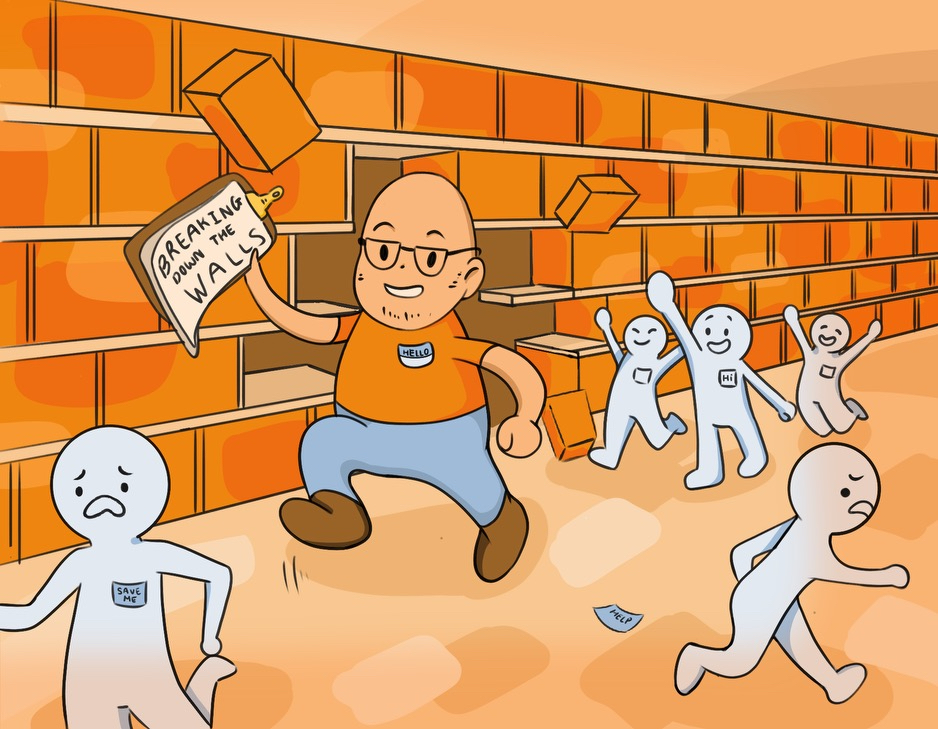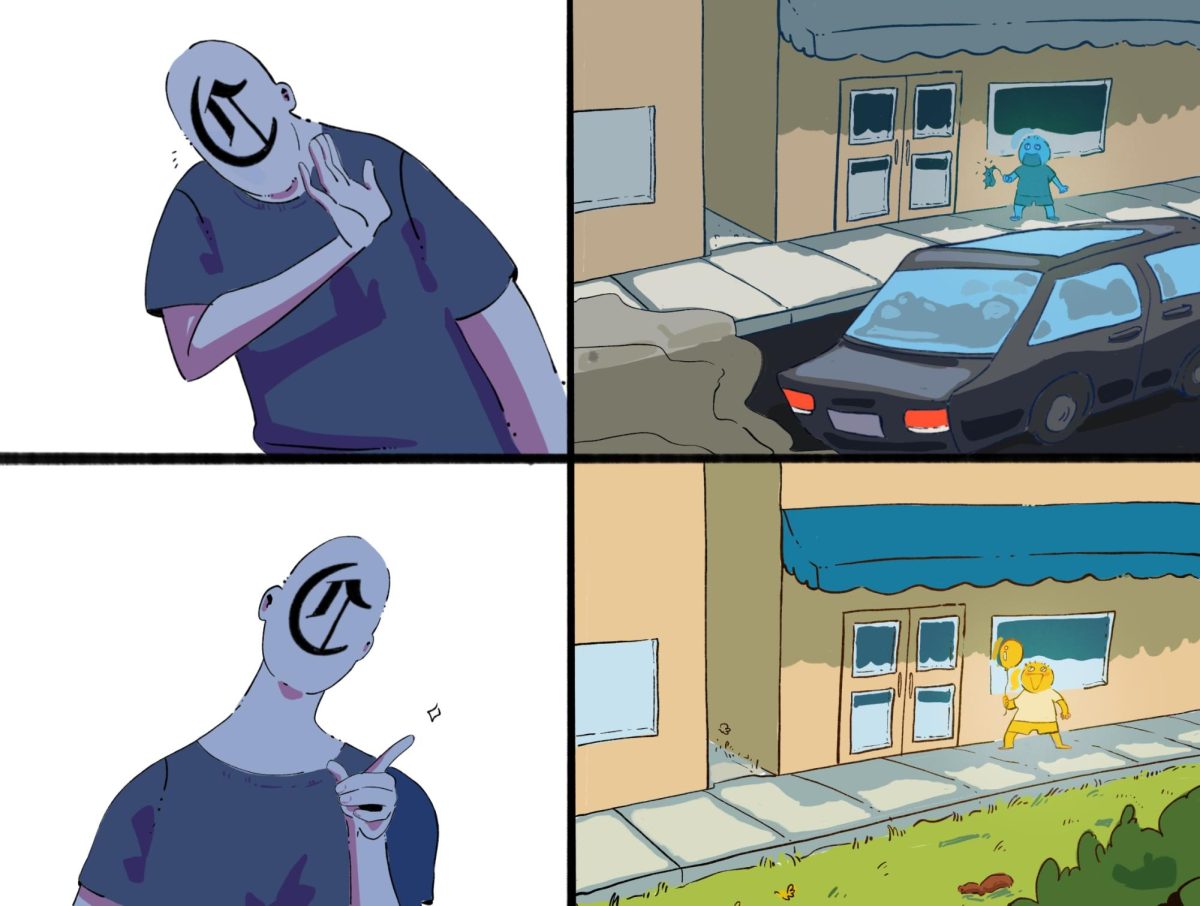For many Palo Alto High School students, the end of the school semester marks the culmination of stressors, primarily those relating to academics. This increased stress is exacerbated by many teachers’ tendencies to condense significant amounts of curricula and unit tests into the weeks preceding finals, resulting in yet more mental and emotional strain for students.
An almost universal colloquial term among students and teachers alike, dead week is meant to refer to the week preceding finals, characterized as “dead” for the supposed lack of scheduled testing and homework. However, much to the angst of students, the week is far from wholly void of said work, as many teachers provide only the bare minimum of final examination review.
According to the Student Handbook, teachers are required to use the two class periods before the final for purely review, and both unit tests and projects are prohibited during the same time period. With Paly’s current schedule, however, this means that review only extends into the Friday of dead week, and that unit tests and project due dates can fall on any day during the first four of dead week.
This combination of student responsibilities can result in a broader version of test stacking: incidents of having three or more major tests on one day. In a letter to parents and students sent out ahead of finals last May, Principal Kim Diorio underscored the importance of remedying test stacking and wrote, “We [the administration] will continue to be flexible and create a ‘culture of care’ at our school as the best way to address the issue of ‘test stacking.’” Though exact instances of test stacking are scarce during dead week, there is test and review stacking in that timeframe. The expectation for students to be able to prepare for unit tests while simultaneously reviewing for final exams is not only unrealistic but also unconducive to learning.
In addition, data from Perception Data in the Western Association of Schools and Colleges’ evaluation of Paly last year indicated that “some students acknowledge that work needs to be done around honoring review days before finals.”
The Campanile believes that dead week should be treated as a true review week, in which students do not have to worry about pressures to perform well on unit tests.
These issues all stem from one overarching cause: the lack of accountability for teachers to plan out their curricula and ensure the week prior to that of final examinations is stress-free. If teachers were to schedule a strict calendar for instruction, the predicament of condensing untaught material would be nonexistent. Additionally, these calendars would allow dead week to be fully dedicated to review. The phenomenon of teachers truncating or abbreviating their curricula to fit it in before the semester is all too well known, especially considering that such cramming is typically due to poor planning on the teacher’s part. Classes that abide by strict scheduling do not fall subject to this incompleteness. Rather, they prepare students for their final examinations in an efficient, stress-free manner.
We believe that the onus in enforcing teachers to plan out their curricula for the semester at the start of the school year lies with the administration.
This requirement would give administration the opportunity to promote a greater sense of transparency between students and teachers, as students will not be blindsided by tests and assignments as finals approach, and would also curtail the stress that surrounds the weeks preceding finals week.
The Campanile also urges students to do their part in evolving this change by noting teachers who schedule tests or cram curricula near finals in the Qualtrics Course Evaluation Survey. This survey, which has been recently administered to students to evaluate teachers, provides specific medium for students to voice their concerns and identify teachers that are culpable.






